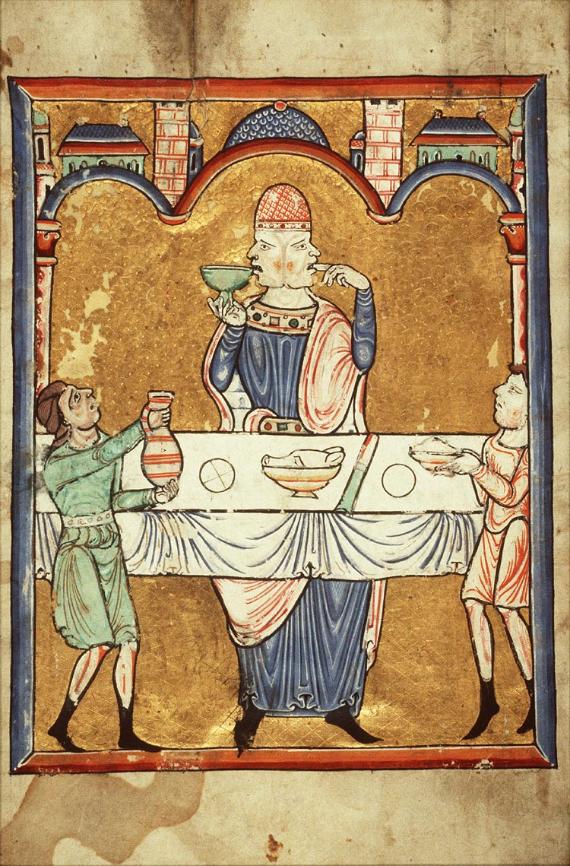
Being of Two Minds: Plotinus’ Account of Psychological Conflict in Ennead 4.3.31
Sara Magrin, UC Berkeley, Visiting Fellow in the Humanities Council and the Program in Classical Philosophy
December 4, 2018 · 4:30 pm—6:00 pm · 010 East Pyne
Department of Classics

“Do we learn with one part of our ourselves, get angry with another, and with some third part desire the pleasures of food, drink, and sex?” Socrates famously asks in Book 4 of Plato’s Republic. By examining different cases of psychological conflict, he concludes, on most readings at least, that in fact we do engage in these activities with distinct parts of ourselves, and that, while we learn with our rational part, we get angry and desire bodily pleasures with our non-rational part.
Plato’s contrast between a rational part of ourselves and a non-rational one is meant to account for the complexity of our human nature and of our forms of motivation, but there is a problem with it. The problem, as Harold Joachim put it, is that reason, for Plato, is “a man’s distinctive character” and, as such, it should “permeate all of his being and doing”. I will argue that Plotinus was acutely aware of this difficulty, and that he solves it by re-interpreting Plato’s account of psychological conflict in light of Aristotelian and Stoic reflections on the nature of “representation” (phantasia).
Magrin is the Visiting Fellow in the Humanities Council and the Program in Classical Philosophy in the Department of Philosophy















